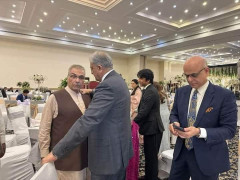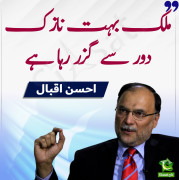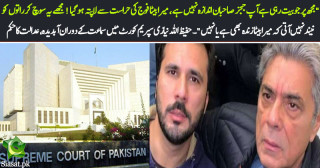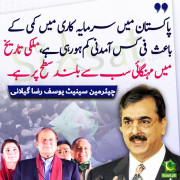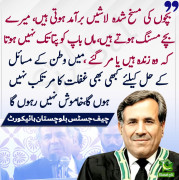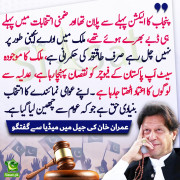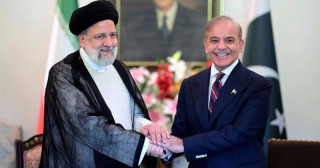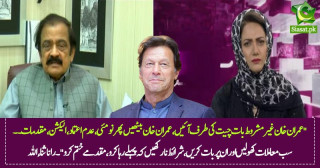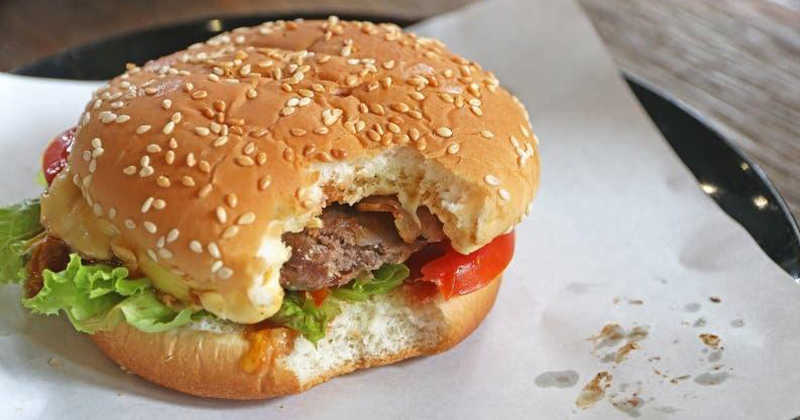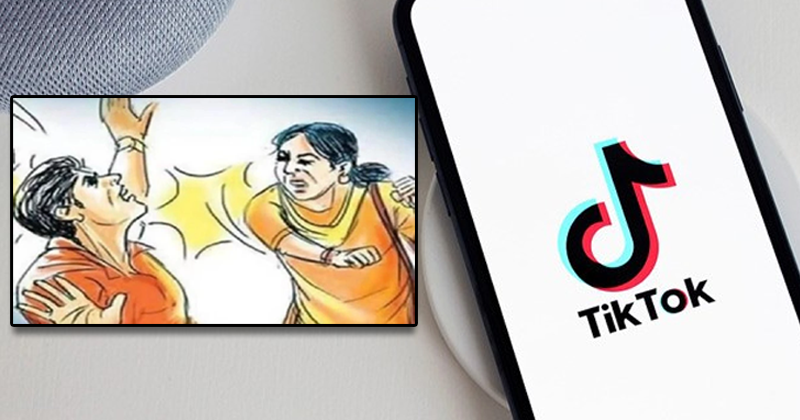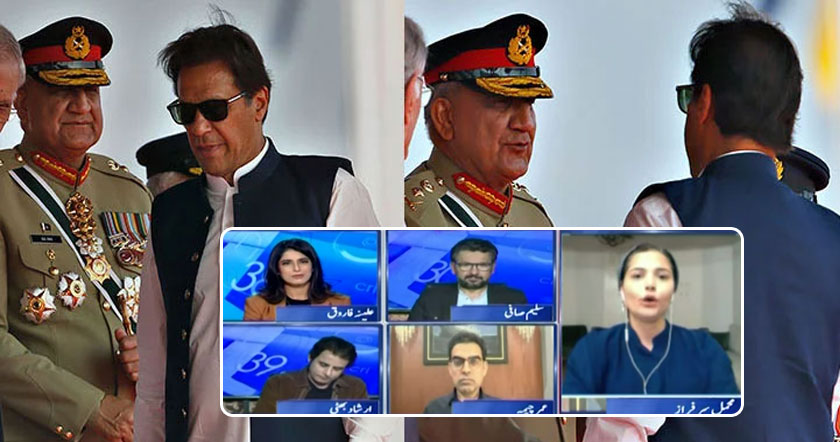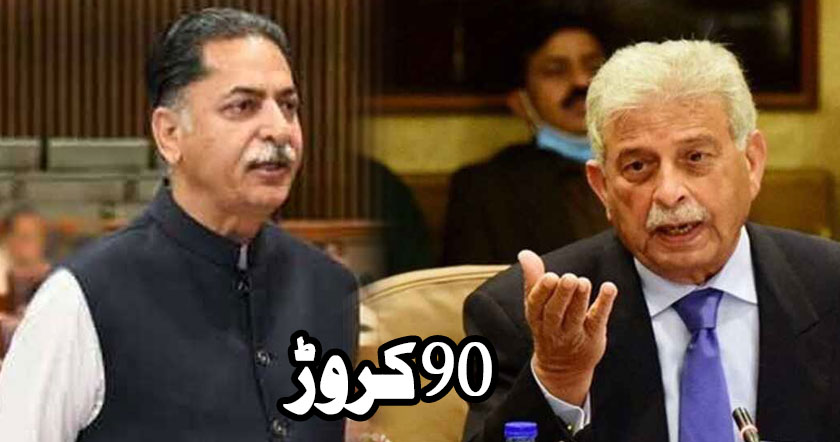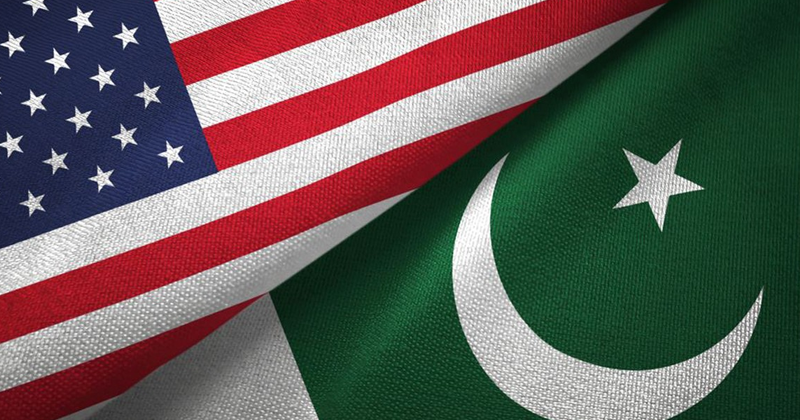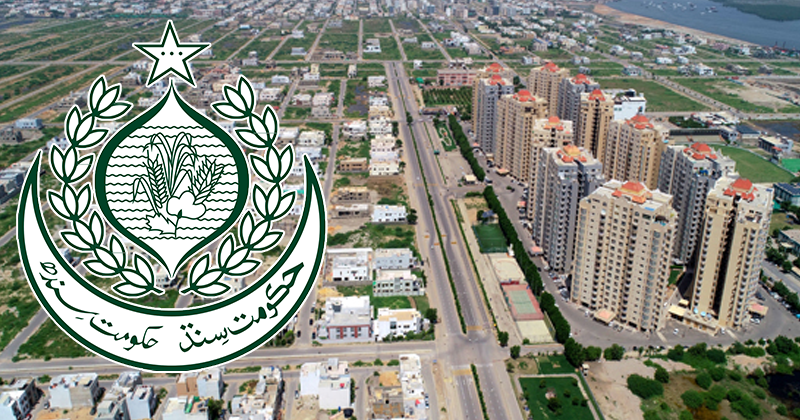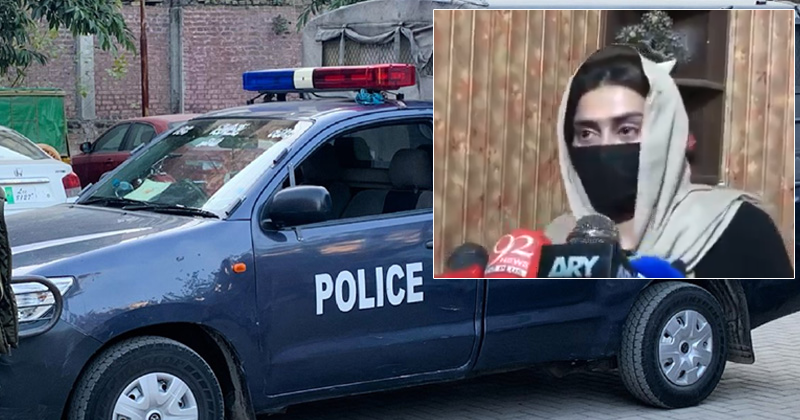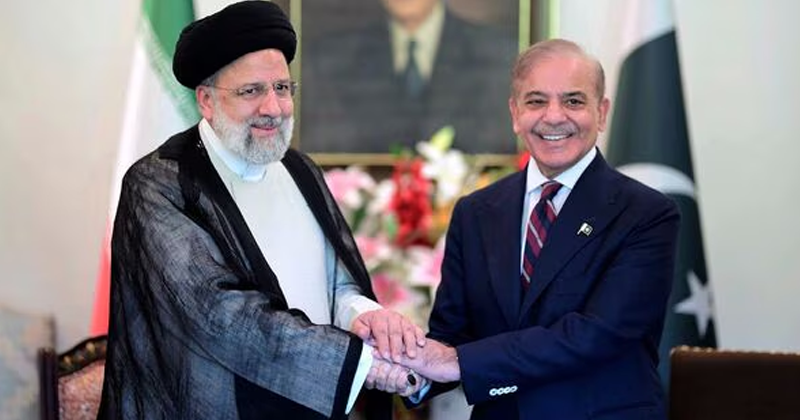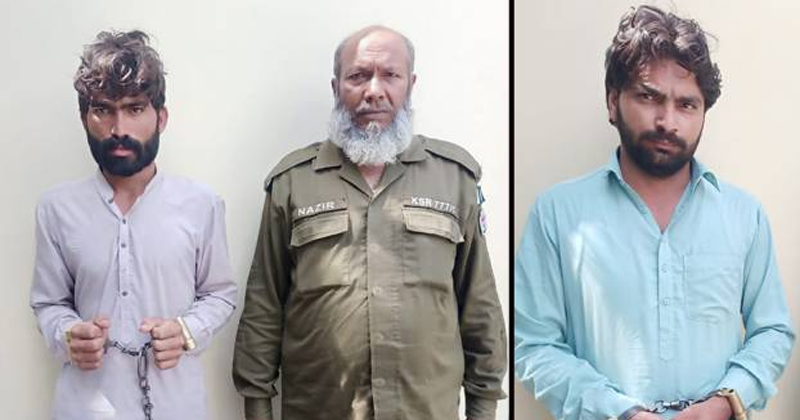The coronavirus outbreak has disrupted life across the country but for those from the northeast, it has brought along familiar trauma they face away from home — racial prejudice.
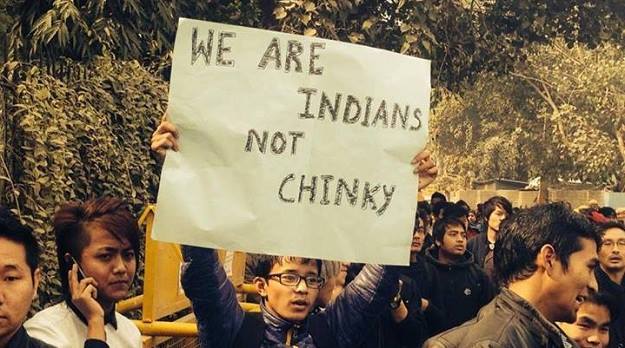
On 22 March, a woman in Delhi University’s North Campus was spat on and called “coronavirus”. Since then, there has been a spate of such attacks and prejudicial incidents.
Those from the northeast, however, aren’t really surprised. Ask Bune Lemai, the general secretary of the Poumai Naga Tsiidoumais Me Delhi (a Manipuri students association), who is pursuing her Master’s from Miranda House. Lemai explained that it was extremely disheartening to see one of her “northeast sisters” being treated poorly but the reality is that it isn’t the first time that such an incident has taken place.
“The Covid-19 pandemic has reinforced people’s hidden prejudices and highlighted their latent racism. The reality is that this incident could have happened to anyone,” she said.
Ngurang Reena, a human rights activist who also started an informal forum called North-East Unites for Justice and Peace, told ThePrint, “It’s neither new nor shocking. This is a manifestation of how broken our society is. Such incidents strip the morale of a person and their dignity.” Chun Gonmei, a Master’s student at Delhi University, said she had lost count of the number of times people had called her “corona” and covered their faces every time they saw her.
Past instances
While the targeted attacks and racial profiling are suddenly in focus again, for many it’s just daily reality, one that does not change even if the news cycle does.
Professor M. Ramananda Singh, who is a chemistry professor at Kirori Mal College in Delhi University and president of the North East Teachers Association, said, “Terms such as chinky, momo, Chinese, Japanese, have been going around since I was a student and I was also called that.”
He, however, underscored the impact such name calling had on people. “It impacts their morale and confidence. We are in the middle of a pandemic but so many students from the northeast are more worried about their safety and not the pandemic,” he said. “The same goes for their parents.”
Saikhom Chingkhei, president of the Manipur Students Association-Delhi, echoed the sentiment. “The other day, a small boy in my neighbourhood called me ‘corona’. I didn’t know what else to do but laugh.” While Saikhom managed to laugh, Reena, who first came to Delhi in 2009, was ready to pack her bags and head back to her hometown in Arunachal Pradesh.
“I was molested by six men at Chandni Chowk in 2009 when I first came to Delhi. I was all set to go back home when my father explained to me that if I left I would be letting evil triumph,” she said.
Since then, the activist has faced many instances of racial profiling, but the one that sticks in her memory is when she was refused stay at a Jaipur hotel she had booked online because she didn’t have her passport and the manager was not convinced she was Indian. She tried to convince him but it was in vain and she had to leave the hotel and stay somewhere else, despite paying for her stay.
In another incident, during the anti-Citizenship Amendment Act protests, Chun said someone came up to her and asked whether she was Chinese. “It’s frustrating that the burden of staying calm and ignoring such comments is on me because if I counter them then the situation can get ugly,” she said.
Crisis of identity
The common thread in all such instances among the affected is a crisis of identity. Professor Ramananda explained, “I proudly say I’m an Indian but if people don’t recognise or accept it, then I will question how much I need to assert it.”
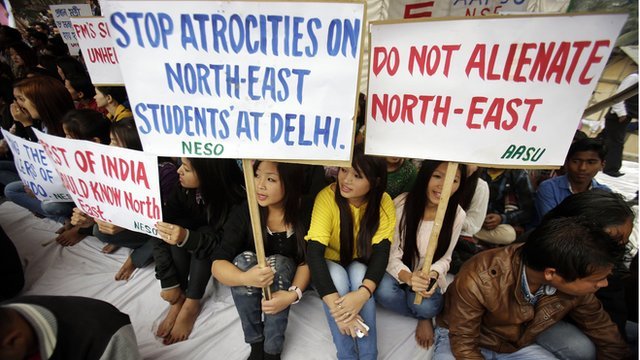
“I find it very disturbing that I need to constantly assert my identity time and again,” Reena said. “I struggle when I question why I need to constantly prove my Indianness. I never thought my different identities would constantly conflict with each other.”
For Bune Lemai, it’s not so much about identity but respect. She narrated an incident about a junior of hers, also from the northeast, who studies at Ambedkar University. The junior got into an e-rickshaw on the way to class and found that nobody was willing to sit beside her. “Someone then said, ‘coronavirus has already seated itself here’,” Lemai said.
The exact same incident happened to Chun as well. On her way to Kamala Nagar after filling her exam form, she said she had to wait for 15-20 minutes for somebody to share a rickshaw with her. “They would walk towards the rickshaw, see me and then walk away. One lady came and sat but when she saw me, got up and got into another rickshaw which was almost full,” she said.
Support
Alana Golmei started the North East Support Centre Helpline in 2007 with the help of four to five people. “We would get calls regarding discrimination in getting accommodation, at the workplace and malls. And then we would intervene,” he said.
This took several forms: Providing trauma counselling, registering an FIR, following up with police, or even providing legal assistance.
However, after the creation of the Delhi Police Special Police Unit for North East Region in 2014, Golmei now forwards calls to them but still handles the serious cases and continues to follow up on legal assistance for cases.
Professor Ramananda said he helped students by approaching law enforcement agencies such as SPUNER. He even wrote a letter to Chief Minister Arvind Kejriwal on 25 March to highlight “racial attacks against North-East people in many parts of India”.
“I tell everyone not to be silent and speak out. Because it is only when we raise our voice will the people in power hear us,” Lemai said.
Reena’s informal support initiative, North-East Unites for Justice and Peace, which also has a WhatsApp group, helps people, and gives them guidance and moral support too.
“It’s funny sometimes, because I feel I am doing all this when I am the one who needs help,” she said.
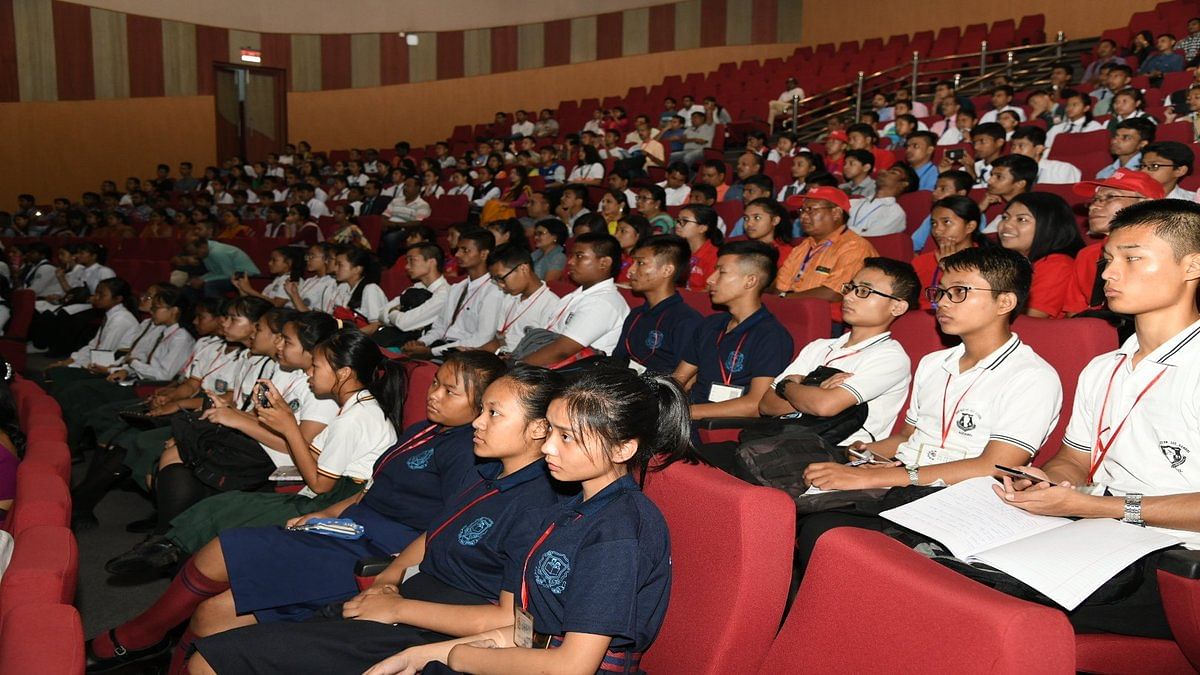
 theprint.in
theprint.in

On 22 March, a woman in Delhi University’s North Campus was spat on and called “coronavirus”. Since then, there has been a spate of such attacks and prejudicial incidents.
Those from the northeast, however, aren’t really surprised. Ask Bune Lemai, the general secretary of the Poumai Naga Tsiidoumais Me Delhi (a Manipuri students association), who is pursuing her Master’s from Miranda House. Lemai explained that it was extremely disheartening to see one of her “northeast sisters” being treated poorly but the reality is that it isn’t the first time that such an incident has taken place.
“The Covid-19 pandemic has reinforced people’s hidden prejudices and highlighted their latent racism. The reality is that this incident could have happened to anyone,” she said.
Ngurang Reena, a human rights activist who also started an informal forum called North-East Unites for Justice and Peace, told ThePrint, “It’s neither new nor shocking. This is a manifestation of how broken our society is. Such incidents strip the morale of a person and their dignity.” Chun Gonmei, a Master’s student at Delhi University, said she had lost count of the number of times people had called her “corona” and covered their faces every time they saw her.
Past instances
While the targeted attacks and racial profiling are suddenly in focus again, for many it’s just daily reality, one that does not change even if the news cycle does.
Professor M. Ramananda Singh, who is a chemistry professor at Kirori Mal College in Delhi University and president of the North East Teachers Association, said, “Terms such as chinky, momo, Chinese, Japanese, have been going around since I was a student and I was also called that.”
He, however, underscored the impact such name calling had on people. “It impacts their morale and confidence. We are in the middle of a pandemic but so many students from the northeast are more worried about their safety and not the pandemic,” he said. “The same goes for their parents.”
Saikhom Chingkhei, president of the Manipur Students Association-Delhi, echoed the sentiment. “The other day, a small boy in my neighbourhood called me ‘corona’. I didn’t know what else to do but laugh.” While Saikhom managed to laugh, Reena, who first came to Delhi in 2009, was ready to pack her bags and head back to her hometown in Arunachal Pradesh.
“I was molested by six men at Chandni Chowk in 2009 when I first came to Delhi. I was all set to go back home when my father explained to me that if I left I would be letting evil triumph,” she said.
Since then, the activist has faced many instances of racial profiling, but the one that sticks in her memory is when she was refused stay at a Jaipur hotel she had booked online because she didn’t have her passport and the manager was not convinced she was Indian. She tried to convince him but it was in vain and she had to leave the hotel and stay somewhere else, despite paying for her stay.
In another incident, during the anti-Citizenship Amendment Act protests, Chun said someone came up to her and asked whether she was Chinese. “It’s frustrating that the burden of staying calm and ignoring such comments is on me because if I counter them then the situation can get ugly,” she said.
Crisis of identity
The common thread in all such instances among the affected is a crisis of identity. Professor Ramananda explained, “I proudly say I’m an Indian but if people don’t recognise or accept it, then I will question how much I need to assert it.”

“I find it very disturbing that I need to constantly assert my identity time and again,” Reena said. “I struggle when I question why I need to constantly prove my Indianness. I never thought my different identities would constantly conflict with each other.”
For Bune Lemai, it’s not so much about identity but respect. She narrated an incident about a junior of hers, also from the northeast, who studies at Ambedkar University. The junior got into an e-rickshaw on the way to class and found that nobody was willing to sit beside her. “Someone then said, ‘coronavirus has already seated itself here’,” Lemai said.
The exact same incident happened to Chun as well. On her way to Kamala Nagar after filling her exam form, she said she had to wait for 15-20 minutes for somebody to share a rickshaw with her. “They would walk towards the rickshaw, see me and then walk away. One lady came and sat but when she saw me, got up and got into another rickshaw which was almost full,” she said.
Support
Alana Golmei started the North East Support Centre Helpline in 2007 with the help of four to five people. “We would get calls regarding discrimination in getting accommodation, at the workplace and malls. And then we would intervene,” he said.
This took several forms: Providing trauma counselling, registering an FIR, following up with police, or even providing legal assistance.
However, after the creation of the Delhi Police Special Police Unit for North East Region in 2014, Golmei now forwards calls to them but still handles the serious cases and continues to follow up on legal assistance for cases.
Professor Ramananda said he helped students by approaching law enforcement agencies such as SPUNER. He even wrote a letter to Chief Minister Arvind Kejriwal on 25 March to highlight “racial attacks against North-East people in many parts of India”.
“I tell everyone not to be silent and speak out. Because it is only when we raise our voice will the people in power hear us,” Lemai said.
Reena’s informal support initiative, North-East Unites for Justice and Peace, which also has a WhatsApp group, helps people, and gives them guidance and moral support too.
“It’s funny sometimes, because I feel I am doing all this when I am the one who needs help,” she said.

Not surprised, way of life, say those from northeast over racist 'corona’ attacks
There has been a spate of attacks & prejudicial incidents amid the coronavirus epidemic, highlighting longstanding racism against those from the northeast.
 theprint.in
theprint.in


